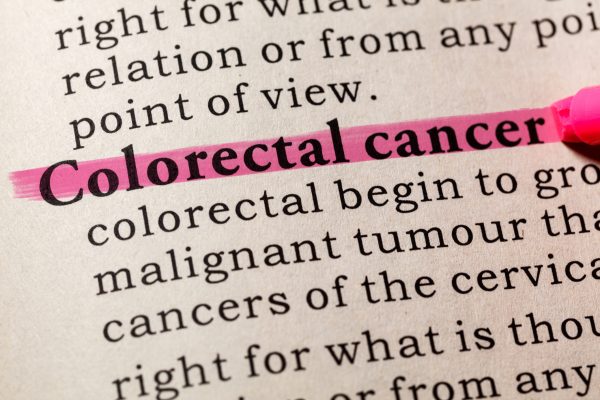
Consuming over 300 IU/day of vitamin D may reduce the risk of early-onset colorectal cancer (CRC), particularly when the source of vitamin D is dietary and not from supplements, according to a study recently published in Gastroenterology. These findings are of particular significance, as although cases of CRC have been decreasing globally, the incidence of CRC in younger patients has been increasing. Although yet to be explained, dietary intake of foods high in vitamin D, such as eggs, dairy products and mushrooms are typically consumed less in this patient group.
Speaking from the Dana-Farber Cancer Institute, director of the Young-Onset Colorectal Cancer Center and study co-author Kimmie Ng, MD, says “Vitamin D has known activity against colorectal cancer in laboratory studies. Because vitamin D deficiency has been steadily increasing over the past few years, we wondered whether this could be contributing to the rising rates of colorectal cancer in young individuals. We found that total vitamin D intake of 300 IU per day or more -roughly equivalent to three 8-oz glasses of milk- was associated with an approximately 50% lower risk of developing young-onset colorectal cancer.”
The study collected data from 94,205 women participating in the Nurses’ Health Study II, aged between 25 and 42. Between 1991 and 2015, 111 cases of early-onset CRC were observed, as well as 3,317 cases of colorectal polyps. Overall, higher vitamin D intake was significantly associated with a reduction in the risk of developing early-onset CRC (HR for ≥450 IU/day vs. <300 IU/day [95%CI]: 0.49[0.26-0.93], P= 0.01). Furthermore, this inverse association was more prominent when the source of vitamin D was dietary (400 IU/day HR[95%CI]: 0.34[0.15-0.79]), rather than supplemental (400 IU/day HR[95%CI]: 0.77[0.37-1.62]). Higher intake of vitamin D was also associated with a decrease in the incidence of CRC precursors, such as adenoma (400 IU/day OR[95%CI]: 0.76[0.65-0.88]), and serrated polyps (400 IU/day OR[95%CI]: 0.85[0.75-0.97]).
“Our results further support that vitamin D may be important in younger adults for health and possibly colorectal cancer prevention,” says Dr. Ng. “It is critical to understand the risk factors that are associated with young-onset colorectal cancer so that we can make informed recommendations about diet and lifestyle, as well as identify high risk individuals to target for earlier screening.”
Reference